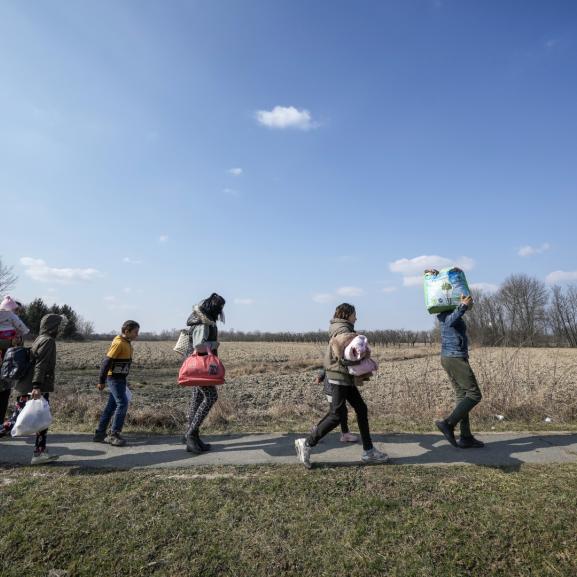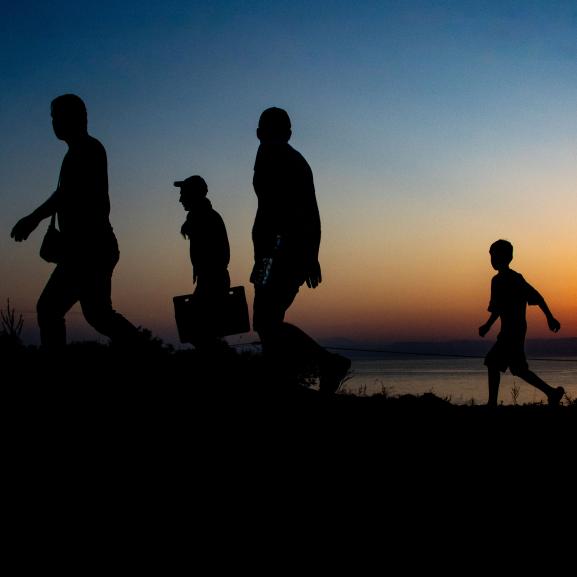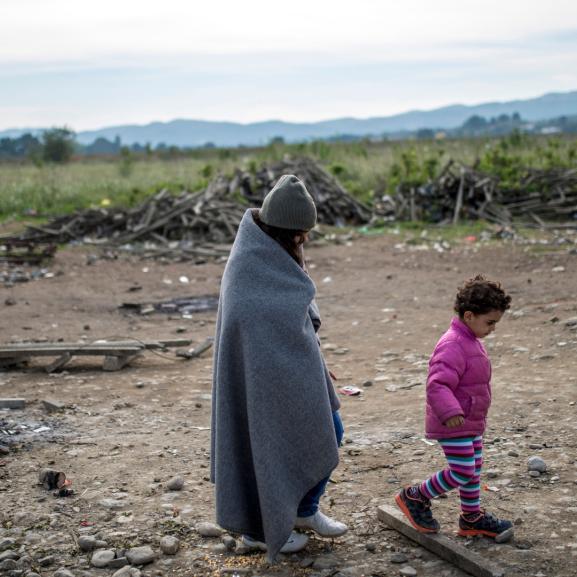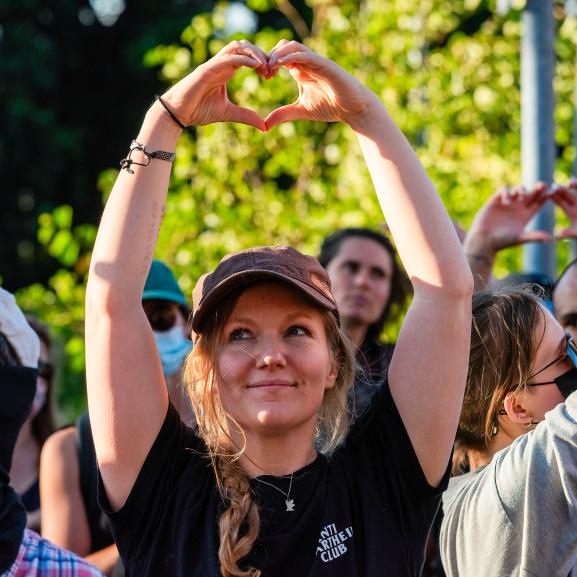UK systems fall short of realising survivors
People compelled to seek refuge in the UK as a result of escaping torture and organised violence face a raft of challenges in integrating in British society because of a lack of adequate care and support.
That was the message from the Medical Foundation for the Care of Victims of Torture (now Freedom from Torture) on June 26, UN International Day in Support of Victims of Torture, as it joined with others around the world advocating for change in the treatment of survivors of torture and for the prevention of torture.
Addressing delegates at a London conference on Friday, Leanne MacMillan, Director of Policy & External Affairs, referred to the lack of protection afforded to torture survivors by the UK asylum system.
The inconsistent application of policies and undertakings to observe the rights of survivors as asylum seekers often means that they are not adequately supported in disclosing their histories, and are vulnerable to being detained or returned to the countries they escaped.
"The British government has a well defined responsibility under international and regional standards to protect torture survivors," said Leanne MacMillan. "From the moment a person arrives in the UK and says they are a torture survivor, that should start a process in which they are given the opportunity to be heard, and given the assistance to make their case.
"Too many survivors are not given those opportunities because the UK asylum system seems to be driven by targets and timelines rather than taking the time needed to make a fully informed decision."
Dr Angela Burnett, lead doctor at the MF, pointed to an urgent need for better medical support and more appropriate steps in taking evidence from torture survivors during asylum interviews. The impact of trauma on a survivor's memory and the difficulties in disclosing physical torture such as rape is still not fully understood, she explained.
As a result, Home Office decision-making processes can work against survivors, who then struggle to integrate in society and are not afforded appropriate physical or psychological health care.
The MF called for an end to the detention of torture survivors, unrestricted access to health care and greater understanding throughout the asylum process to ensure that a survivor's inability to disclose evidence of torture does not discredit their case for asylum without due consideration.
The conference was hosted by Redress in conjunction with Allen & Overy Solicitors.






